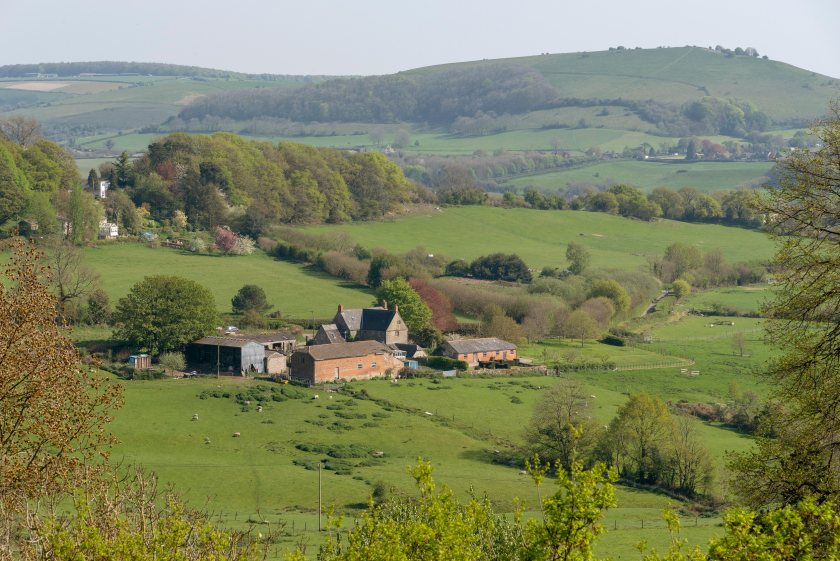Inheritance tax rethink branded a 'game changer' for family farms

Plans to overhaul inheritance tax rules could spare thousands of family farms from crippling bills, with one adviser calling the move a 'game changer' for British agriculture.
The farming sector was rocked last October when Chancellor Rachel Reeves confirmed that, from April 2026, agricultural property relief would be capped at £1 million.
Anything above that threshold would face a 50% liability, sparking fears of crippling tax bills and forced sales.
But reports now suggest the Treasury is considering a new model based on the “minimum share rule” put forward by the Centre for the Analysis of Taxation (CenTax).
Under the approach, full relief would be available up to £5 million per person (£10m for couples) where farmland or business assets make up at least 60% of an estate. Between £5m and £10m there would be 50% relief, but no relief beyond £10m.
CenTax argues this could not only protect small and medium-sized farms, but also double expected revenues from the reform – from £500m to £1bn.
Robert Sullivan, director at GSC Grays, said the implications of the rethink, which is expected to be outlined in next month's autumn budget, could be dramatic.
“If the suggestions are correct, then it is a game changer and a positive result for the sector as it would take the majority of family farms out of the inheritance tax issue on day one.”
He added that the change would allow families to plan succession on their own terms rather than being driven by looming liabilities.
“It will mean family farms are going to be in a position to structure the transition of assets based on their wishes rather than to avoid a significant IHT payment that would have greatly reduced the likelihood of the business actually continuing.”
According to Mr Sullivan, the proposals would place most family-run operations outside the IHT trap. “If you are looking at a figure of £5m then that is a 400-500 acre farm owned by a single person, so I would expect that most family farms would come under the £5-10m threshold.
"That would be a massive relief for most family farms especially where assets are already spread across a number of family members.”
For one of his clients, the impact would be immediate. The farm business, valued at around £6m after debt, is currently held mainly in the father’s name.
With his children still in their teens and early twenties, he has been reluctant to transfer assets, instead planning to take out £800,000 of life insurance to cover a potential tax bill.
“As things stand, he is facing an inheritance tax bill of around £900,000 if nothing changes,” said Mr Sullivan.
“Even after reorganising assets to make full use of his wife’s allowance, he will still be looking at a liability of between £750,000 and £800,000.
"Under the proposed new approach, he would be taken out of the inheritance tax bracket entirely. That means no need for additional costs paying life insurance premiums, no pressure to move assets prematurely and far less financial strain at a time when farming businesses are already under tremendous pressure.”
Mr Sullivan concluded that the rethink could allow families to make decisions with the future in mind, not just the taxman.
“This change would allow farming families like his to make sensible long-term decisions for the business rather than being forced into short-term tax driven moves that could have serious consequences.”








